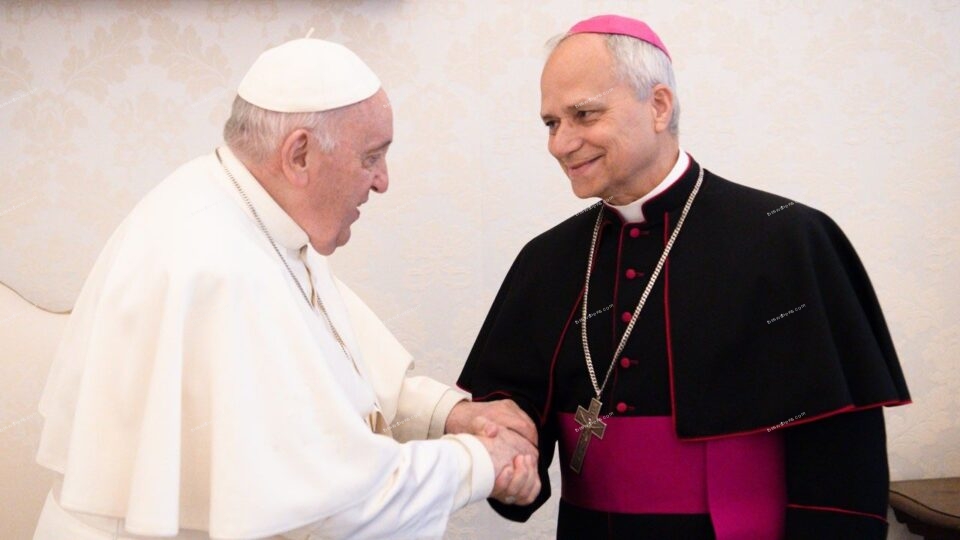By Frank Kamuntu
Cardinal Robert Francis Prevost of the United States has been elected the 267th pope and will soon step onto the balcony of St. Peter’s Basilica as the new leader of the world’s 1.4 billion Catholics.
He’ll be known as Pope Leo XIV.
Prevost, 69, from Chicago, Illinois, is the first ever pope from the United States.
Cardinals took two days to select a new pontiff, matching the timeline from the previous two gatherings and suggesting that Prevost quickly impressed his peers during the secretive process.
Francis and Benedict XVI were both revealed in the evening of the conclave’s second day, while John Paul II, the longest-reigning pope of modern times, was selected on the third day in 1978.
A leader with global experience, he spent much of his career as a missionary in South America and most recently led a powerful Vatican office for bishop appointments. He is expected to build on Pope Francis’ reforms.
He worked for a decade in Trujillo, Peru, and was later appointed bishop of Chiclayo, another Peruvian city, where he served from 2014 to 2023.
Prevost is a member of the Augustinian religious order – which he also led for more than a decade as their prior general, which has given him leadership experience of leading an order spread across the world.
Considered a highly capable and accomplished leader, Prevost most recently led the powerful Vatican office for new bishop appointments, the Dicastery for Bishops, assessing candidates and making recommendations to the late pope. He also served as the president of the Pontifical Commission for Latin America.
While it is often said cardinal electors would always shy away from choosing a pope from the US, due to America’s outsized global political influence, Prevost’s long experience in Peru may have mitigated those fears among the electors.
“He’s somebody that, even though he’s from the West, would be very attentive to the needs of a global church,” said Elise Allen, “You’re talking about somebody who spent over half of his ecclesial career abroad as a missionary in Peru.”
Allen added that he is seen as an apt leader in Vatican circles because “he’s able to accomplish things without necessarily being authoritarian about the way he did things.”
“Prevost is somebody who is seen as an exceptional leader. From very young, he was appointed to leadership roles,” Allen said. “He’s seen as somebody who is calm and balanced, who is even-handed, and who is very clear on what he thinks needs to be done… but he’s not overly forceful in trying to make that happen.”
Prevost earned his bachelor’s in mathematics from Villanova University in Pennsylvania and went on receive his diploma in theology from the Catholic Theological Union of Chicago.
He was later sent to Rome to study canon law at the Pontifical Saint Thomas Aquinas University and was ordained as a priest in June 1982. Later in his career, he taught canon law in the seminary in Trujillo, Peru.
In an interview with Vatican News shortly after he became the leader of the Dicastery for Bishops, Prevost said: “I still consider myself a missionary. My vocation, like that of every Christian, is to be a missionary, to proclaim the Gospel wherever one is.”
Asked about the contributions of three women who were made members of the Dicastery for Bishops, Prevost told Vatican News: “I think their appointment is more than just a gesture on the part of the Pope to say that there are now women here, too. There is a real, genuine, and meaningful participation that they offer at our meetings when we discuss the dossiers of candidates.”
He also addressed the responsibility of combating clerical abuse, saying: “There are places where good work has already been done for years and the rules are being put into practice. At the same time, I believe that there is still much to learn.”
Have An Advert Or Article You Want Us To Publish? Email: swiftnewsug@gmai.com


